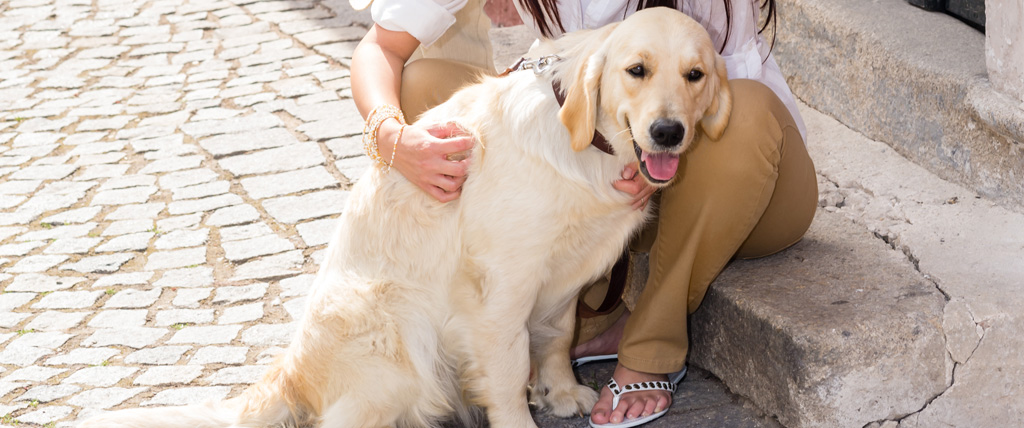
Dogs lean against their owners for a variety of reasons, primarily rooted in their instinctual behaviors and emotional connections. This leaning behavior can be traced back to their evolutionary history as pack animals and their social nature as domesticated companions. Understanding why your dog leans against you requires delving into these factors.
Firstly, leaning is a form of physical contact and communication for dogs. In the wild, wolves and other canids often lean against each other as a means of bonding and displaying social hierarchy within the pack. Your dog may lean against you to create a sense of closeness and reinforce the bond they share with you, as you are seen as a part of their "pack."
Secondly, dogs have scent glands in their skin that release pheromones. When your dog leans against you, they are not only seeking physical support but also marking you with their scent. This scent-marking behavior is a way for dogs to establish territory and ownership, further strengthening the emotional connection between you and your pet.
Moreover, leaning can also be a sign of seeking comfort and security. Dogs often lean against their owners when they feel anxious, scared, or unsure about a situation. Your presence provides them with a sense of protection and reassurance. This behavior can be particularly noticeable in unfamiliar or overwhelming environments.
Another aspect to consider is the tactile stimulation that dogs receive from leaning against you. Physical contact releases feel-good hormones like oxytocin in both dogs and humans. This mutual comfort and relaxation can strengthen the emotional bond and trust between you and your furry friend.
It's essential to recognize that individual dogs may have varying reasons for leaning. For some, it might be a mixture of seeking attention, displaying affection, and feeling secure. Observing the context in which your dog leans can provide insights into their motivation. For instance, if your dog leans when you're about to leave the house, it could be a sign of separation anxiety, indicating their reliance on your presence for comfort.
In conclusion, your dog's leaning behavior is a multifaceted display of their social instincts, emotional connection, and desire for security. This act harks back to their evolutionary roots as pack animals and is an expression of their attachment to you. By understanding and acknowledging their leaning tendencies, you can further nurture the strong bond you share with your beloved canine companion.
